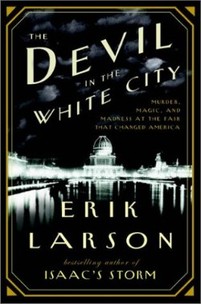
Author: Erik Larson
Genre: Non-fiction
Pages:
Date published:
Rating: 4.5 out of 5 stars
Recommended: Yes!
I read The Devil in the White City at the recommendation of my best friend; after a year of raving about this “must-read,” she finally convinced me this year,, and now I understand why she liked it so much. The book takes place in the late 1800s, during the 1893 Chicago World’s Fair, In the midst of this occasionally overwhelming backdrop, the story keeps its focus by centering on two men, an architect and a psychopath, who seem to have no relation to each other; but as the story unfolds, the reader discovers that their lives are become intricately tied together by the World’s Fair. The architect, Daniel Hudson Burnham, dreamed of designing a fair that would rival the Eiffel tower and attract visitors from across the world, a dream that would challenge both Burnham and his team of talented architects, including Fredrick Law Olmsted, Charles McKim, and Louis Sullivan. The psychopath, H.H. Holmes, used the excitement and attraction of the fair to keep his series of murders unnoticed, building a hotel where he could trap visitors and torture them. Larson’s characterization brings the history to life – the wholesome, driven Burnham and the charming but evil Holmes both emerge as deep characters in an almost novelistic sense:,, historical figures, that the reader knows well by story’s end.
The Devil in the White City was not a difficult read and grabbed my attention from the very beginning with the introduction of Burnham and the World’s Fair. Since I grew up near Chicago and am familiar with the city, I was especially interested in the history of the fair and now I would love to visit what remains of the event. Even for those hailing from other states, this book captivates because of the history involved; sometimes it seems hard to believe that these events really happened. I found The Devil in the White City impossible to put down once I picked it up. Apart from the suspense, Larson’s decision to alternate between the perspectives of each chapter, kept me interested.
Ultimately, I would describe The Devil in the White City as nonfiction for fiction-readers. Anyone who enjoys art and architecture would also enjoy this book, as would those interested in psychopathology, murder mystery, or the development of Chicago would also enjoy this. Pulling together all his research from primary sources Erik Larson created a unique and book.
Review by Colleen Brady, A&S '16
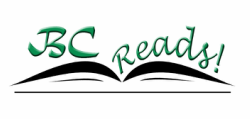
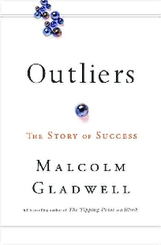
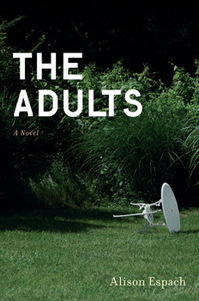
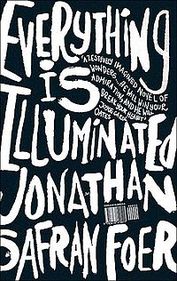
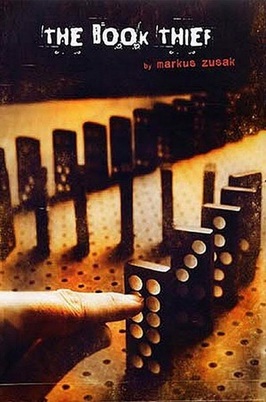
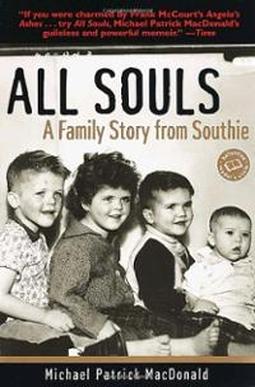
 RSS Feed
RSS Feed
